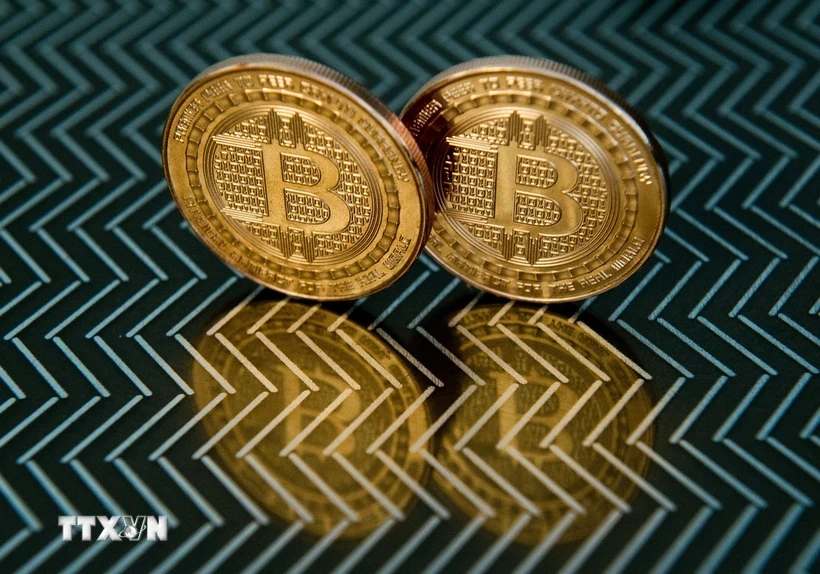Bitcoin's price surged by over 40%, attracting global market attention, amid US President-elect Donald Trump's support for digital currency and his selection of like-minded individuals for his cabinet.

Bitcoin recently surpassed the $100,000 mark for the first time, a significant milestone in the history of digital currency.
Over the past month, the price of Bitcoin has surged by more than 40%, attracting global market attention amid US President-elect Donald Trump's support for digital currency and his selection of several like-minded individuals for his cabinet.
The sharp rise in Bitcoin's price reflects a shift in the political and financial dynamics of the United States. The trajectory of policies under the upcoming Trump administration could profoundly impact the balance between regulations and speculative capital, shaping the future of the American economy.
The shift in Trump's stance on cryptocurrencies reflects the growing influence of capital flows associated with this type of currency.
In 2019, Trump criticized cryptocurrencies as "highly volatile" and conducive to illegal activities. However, in 2024, he announced plans to make the US a global bitcoin superpower.
Trump's cabinet selections also reflect this shift. His choice of Paul Atkins, a cryptocurrency advocate, to chair the U.S. Securities and Exchange Commission further fueled the upward trend in bitcoin prices.
A report by the Pew Research Center shows that 17% of Americans have invested in, traded, or used bitcoin or other cryptocurrencies. This number rises to 23% among high-income groups and 41% among adults under 30.
However, despite the growing appeal of bitcoin, skepticism persists.
Economists like Eswar Prasad, a professor of international trade policy at Cornell University, argue that its volatile value has made bitcoin a vehicle more suited for speculation than for trading.
Many Americans remain wary about the security of cryptocurrencies, with a Pew survey showing that only 5% expressed strong confidence in their reliability.
On the one hand, Bitcoin's inherent volatility makes it vulnerable to manipulation by large-scale investors. With limited liquidity and utility, Bitcoin is highly sensitive to market sentiment, regulatory changes, cyberattacks, and speculative trading.
On the other hand, the years of loose US monetary policy fueled inflation, eroded the purchasing power of Americans, and prompted them to seek riskier assets.
The risk of a cryptocurrency bubble is not new. In 2023, cryptocurrency-related scams in the US caused losses of over $5.6 billion, a 45% increase from the previous year.
Analysts warn that, as the world's largest economy and a key player in the global financial system, the U.S. must adopt responsible financial regulations, otherwise it could harm both American investors and the global economy as a whole.
Source




![[Photo] Prime Minister Pham Minh Chinh attends the Conference on the Implementation of Tasks for 2026 of the Industry and Trade Sector](/_next/image?url=https%3A%2F%2Fvphoto.vietnam.vn%2Fthumb%2F1200x675%2Fvietnam%2Fresource%2FIMAGE%2F2025%2F12%2F19%2F1766159500458_ndo_br_shared31-jpg.webp&w=3840&q=75)









































































































Comment (0)